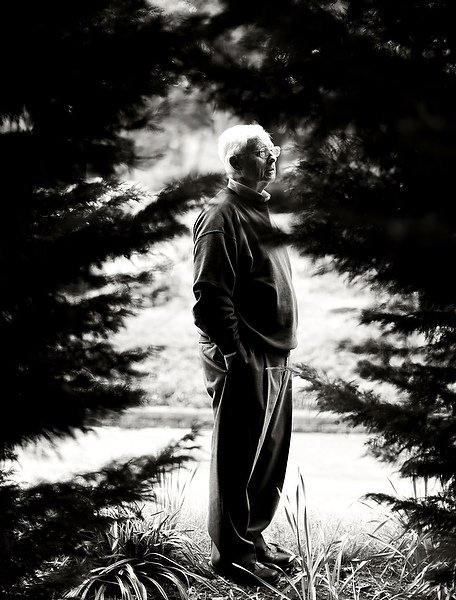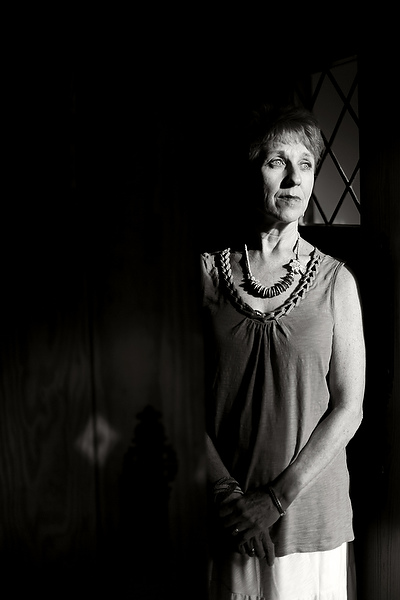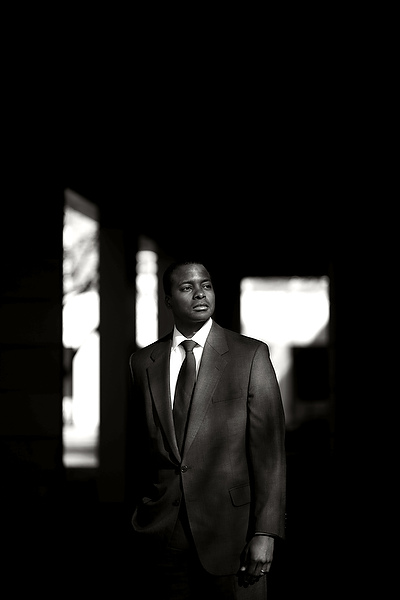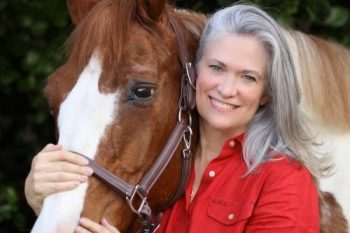Taylor Field (’76, P ’08)
NEW YORK CITY
Pastor of East 7th Baptist Church, also known as Graffiti Church
 His cause: Through his church he provides food, clothing, after-school programs, legal services and addiction-recovery programs to the poor, homeless and addicted. Graffiti Church serves 10,000 people a year.
His cause: Through his church he provides food, clothing, after-school programs, legal services and addiction-recovery programs to the poor, homeless and addicted. Graffiti Church serves 10,000 people a year.
“Wake Forest gave me opportunities to ‘first think, then do.’ … I have been particularly drawn to those who live in the shadows in the urban context, the ones that sometimes don’t get included: the unserved, those who have fallen through the cracks, those who live in the shadows. I find the courage of people in difficult situations extremely compelling. For me, the love of Christ cannot be something theoretical, but needs to be expressed in some tangible way — tutoring a child, giving someone a sandwich, providing a blanket, helping in some practical way. That’s what makes my heart sing.”
Carl Phillips (’56)
CHARLOTTE, NC
Retired business owner
 His cause: One-on-one mentoring with a group of Lost Boys of Sudan as they adjusted to American culture after living 12 years in refugee camps. He and his wife, Nina, helped them develop social skills and learn to cook, drive and use computers. Working with his church, he helped create a scholarship fund to assist with their college costs.
His cause: One-on-one mentoring with a group of Lost Boys of Sudan as they adjusted to American culture after living 12 years in refugee camps. He and his wife, Nina, helped them develop social skills and learn to cook, drive and use computers. Working with his church, he helped create a scholarship fund to assist with their college costs.
“After leaving Wake Forest and during my early adult life, my main focus was on finding the best way to use my degree and getting myself established in order to provide a secure living for my family. I initially gave limited thought and activity to helping beyond my immediate world. As time passed, however, I began to realize how fortunate I had been, raised by loving parents and never having faced discrimination, intolerance, hunger, poverty or other issues that many in the world deal with on a daily basis or have no hope of ever seeing any change or improvement in their lives. This realization was heightened when I came face to face with the Lost Boys of Sudan and learned how they had been deprived of the basic necessities of life that had come so easily to me.”
Maddie Brandenburger (’11)
BANGALORE, INDIA
Account manager for the Entrepreneurial Finance Lab, a Boston-based company expanding access to finance in emerging markets
 Her cause: She seeks to enable small business owners in developing countries to gain access to more capital.
Her cause: She seeks to enable small business owners in developing countries to gain access to more capital.
“Wake Forest’s Pro Humanitate vision fostered my personal responsibility to others both locally and globally and challenged me to explore subjects beyond my familiar world. In high school I was drawn to Wake Forest because of Pro Humanitate, but I never imagined that this motto would shape me into a global citizen. My professors encouraged my global exploration of economic development, where I met people of all cultures, religions and beliefs. The trips led me to start the Snap Project, which provides children in Kenya with photographic training and education. The Snap Project started as an idea to combine my passion for photography with my desire to help children in Kenya’s Mathare slums; and with the strong Wake Forest community as a backbone the idea became a reality. Since graduating from Wake Forest, I feel increasingly grateful to have been educated on a campus that taught me to see the world as a place ready for change.”
Deb Richardson-Moore (’76)
GREENVILLE, SC
Pastor, Triune Mercy Center
 Her cause: She left a career in journalism for the ministry and Triune Mercy Center, a nondenomi-national mission church that ministers alongside the homeless in Greenville, S.C. Deb’s 2012 memoir, “The Weight of Mercy,” details her first three years in the ministry.
Her cause: She left a career in journalism for the ministry and Triune Mercy Center, a nondenomi-national mission church that ministers alongside the homeless in Greenville, S.C. Deb’s 2012 memoir, “The Weight of Mercy,” details her first three years in the ministry.
“Two things from my Wake Forest days coalesced to allow me to be a writing pastor: a course in religion and literature that piqued my curiosity, and the chance to write for, then edit, the Old Gold & Black. The idea that communication can inspire, educate, enlighten and encourage us in the midst of a casually cruel world came straight from the University’s motto. At Triune, we use gardening, art, music, improvisational theater, volunteerism and anything else we can think of to remind addicted and mentally ill individuals of better times, better selves. So I speak often of the power of the spoken word, the written word, the painted word, the sung word. This is how we speak of God at Triune, but how we speak to humanity, too.”
Omari Simmons (’96)
WINSTON-SALEM, NC
Professor, Wake Forest School of Law
 His cause: He is co-founder and executive director of the Simmons Memorial Foundation, which encourages underrepresented students from North Carolina and rural Delaware to attend college.
His cause: He is co-founder and executive director of the Simmons Memorial Foundation, which encourages underrepresented students from North Carolina and rural Delaware to attend college.
“My nonprofit work has focused on providing a foundation of encouragement for all students. To perform this critical function, you don’t need an advanced degree, an elected office or success in the business world. It simply takes a willingness to encourage others plus the ability to empathize and understand the people you are assisting. My father best described our work: ‘We’re lifting others on our shoulders, giving them the chance to climb over a fence to face brighter possibilities and educational opportunities.’ We do this recognizing that we may never get over the fence and actually see what is on the other side. For example, I may never go to Harvard or Yale, find a cure for cancer or be president, but I know these students can. Ultimately, we must challenge them to be their best and fulfill their potential even when they don’t see it. Our satisfaction comes from knowing that students have traveled farther and benefited from the assistance we offer.”
Photo gallery of Portraits of Pro Humanitate.


